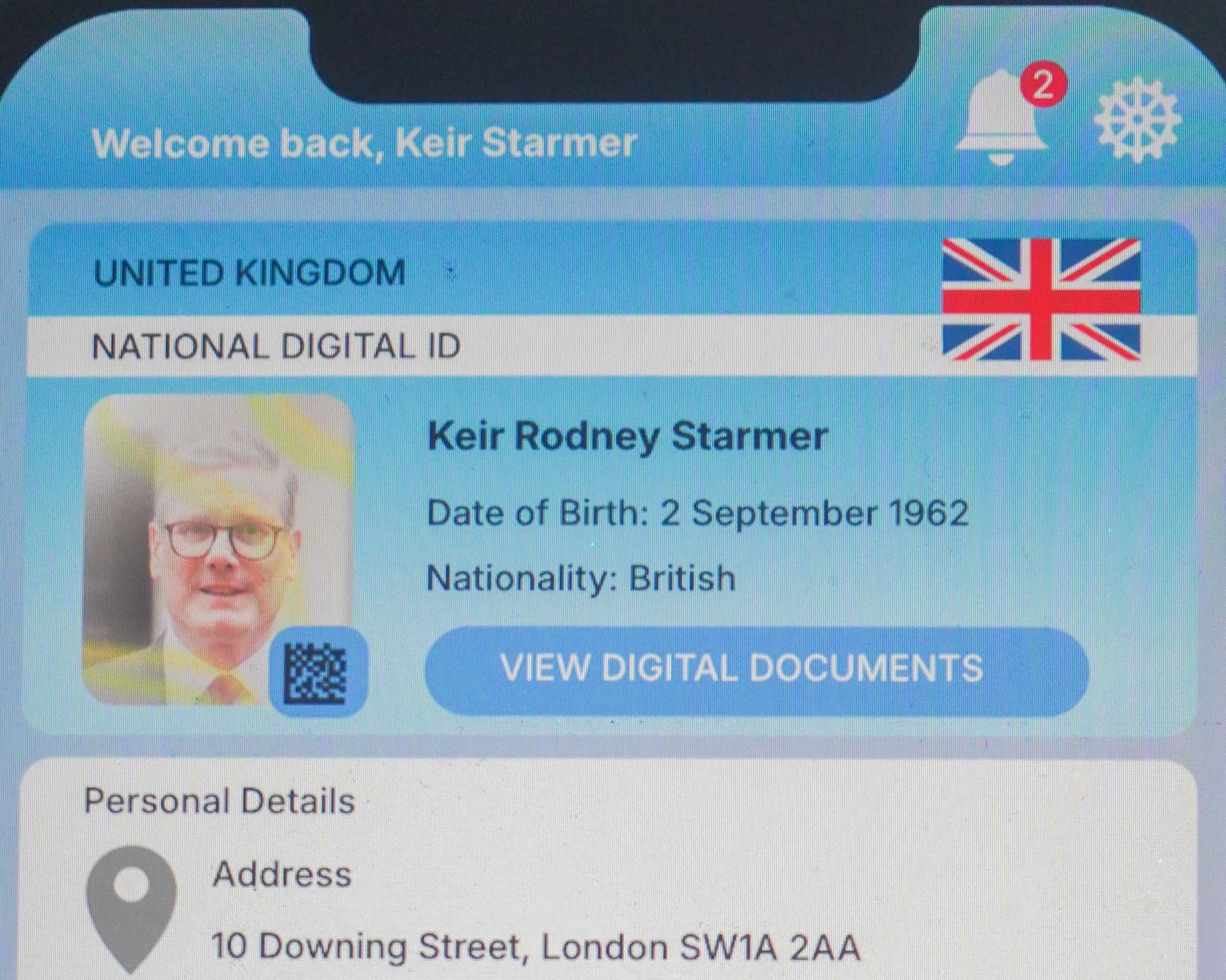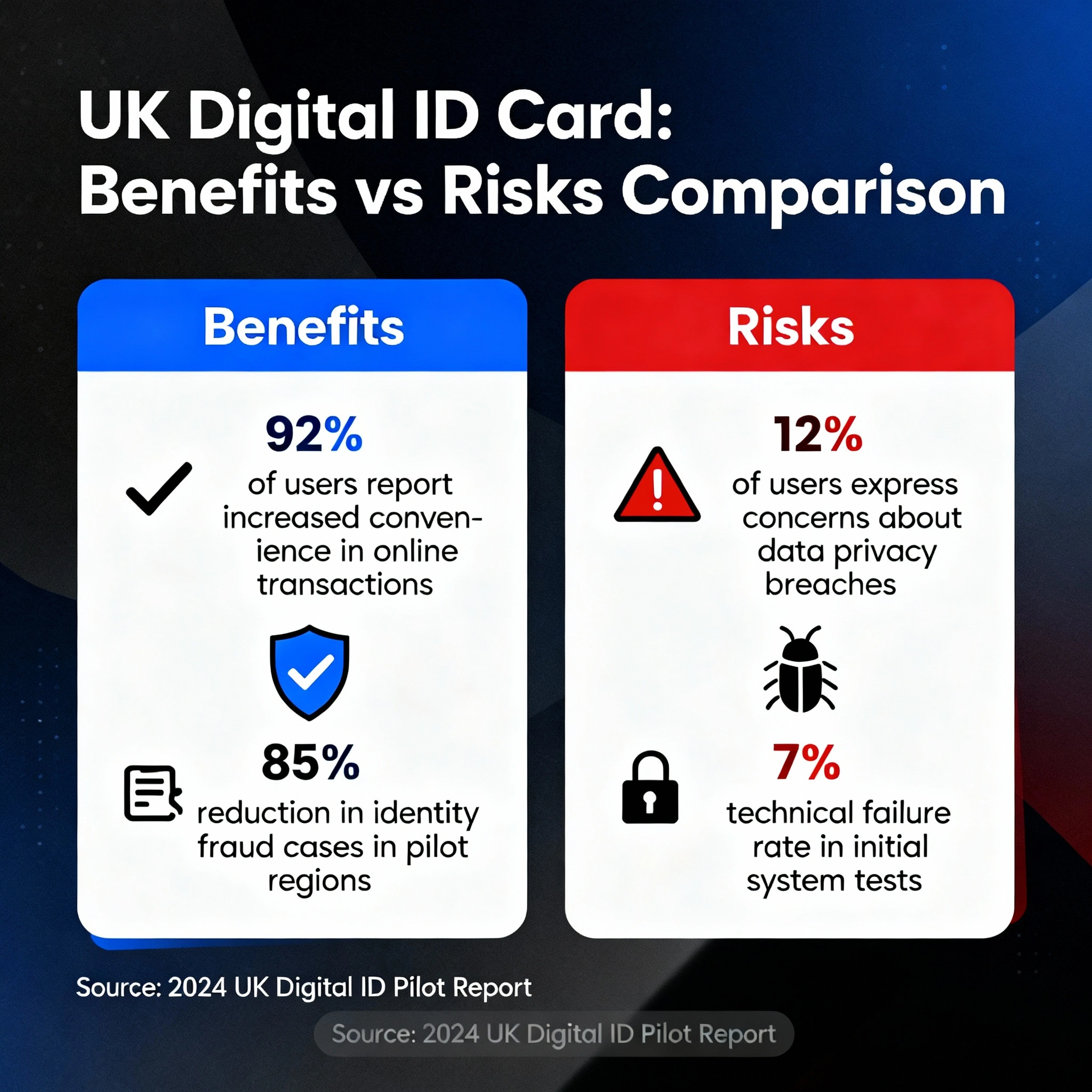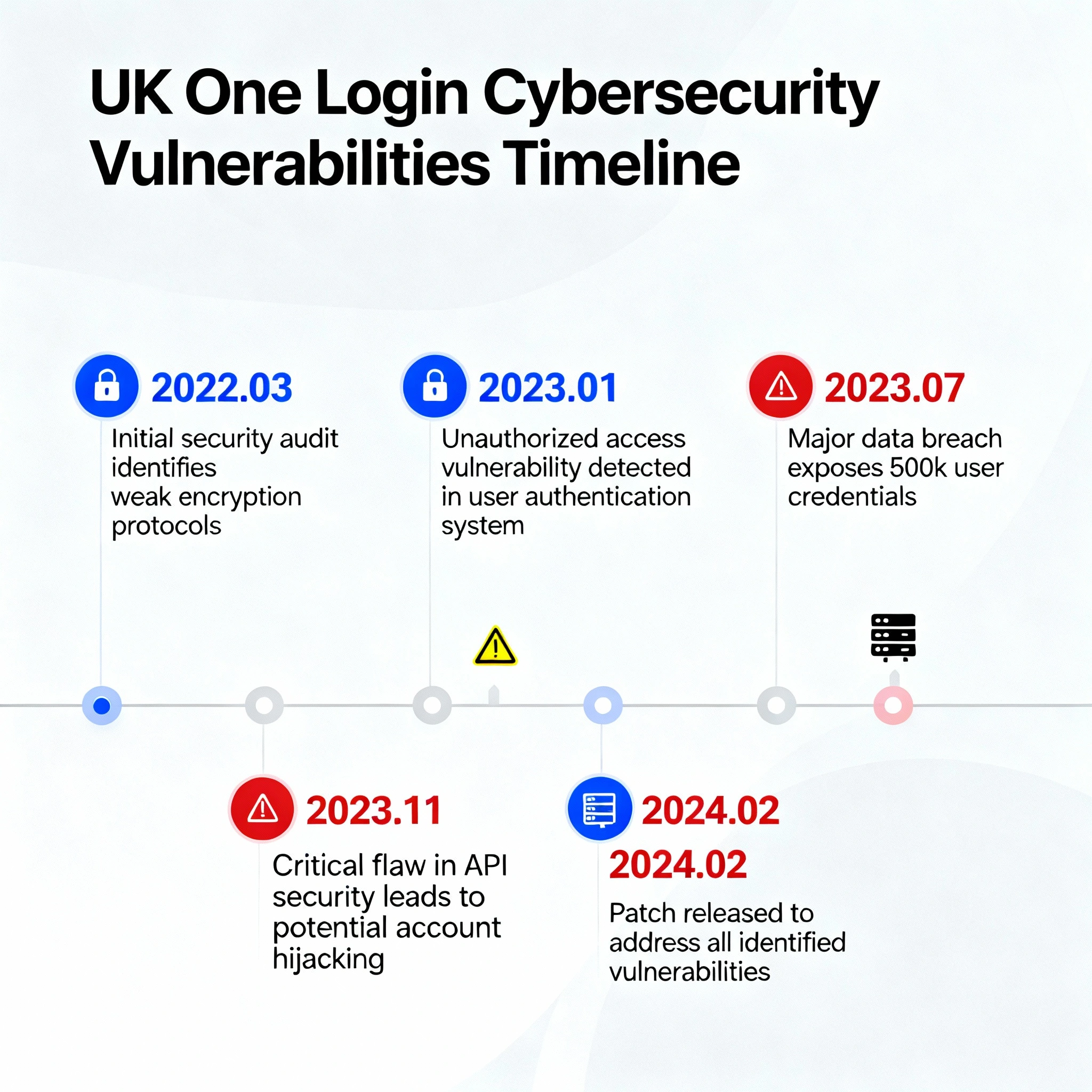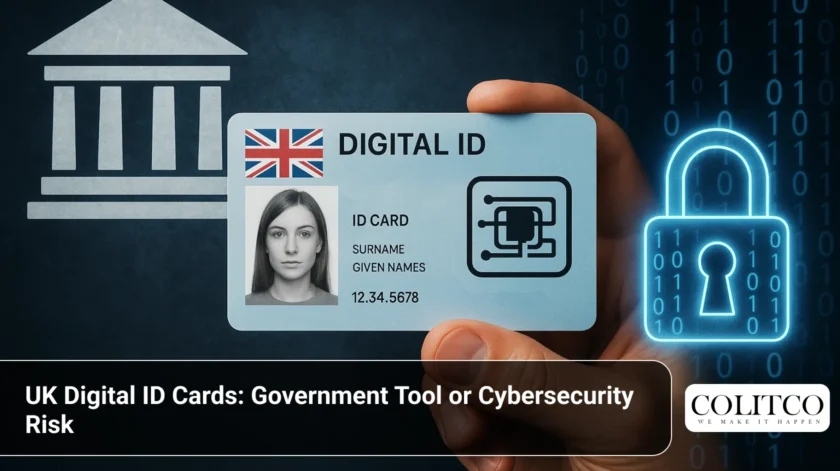Prime Minister Keir Starmer plans to announce mandatory digital identity cards for all UK adults. The scheme aims to tackle illegal immigration and modernise government services. Critics warn the system poses cybersecurity threats and privacy concerns.
Government Announces BritCard Digital Identity Scheme
Starmer will unveil the “BritCard” proposal in a speech this week. Every working adult in Britain would require the government-issued digital credential. The system would verify individuals’ right to live and work in the UK.
Employers must check the digital cards against a central database before hiring workers. The scheme targets illegal migrants working in the shadow economy. French President Emmanuel Macron has called on the UK to reduce “pull factors” for migrants.
The digital identity system builds on the existing GOV.UK One Login platform. Over 7.8 million users have registered for the current system. The service connects to 80 government platforms with 100 more in testing.

Mock up digital ID of Keir Starmer
Implementation Timeline and Costs Revealed
The government estimates implementation costs between £140 million and £400 million for the basic system. Tony Blair Institute research suggests setup costs could reach £1 billion with £100 million annual running costs.
Officials project the scheme could save £2 billion annually through reduced benefit fraud. The system would cut tax evasion by £600 million per year according to government analysis.
The programme requires primary legislation and parliamentary approval before implementation. A public consultation will address concerns about digital exclusion and smartphone access.
Companies House will mandate digital identity verification from November 2025. The requirement affects over seven million business directors and controllers nationwide.

UK Digital ID Card Benefits vs Risks
Security Vulnerabilities Raise Alarm Bells
External security tests discovered serious vulnerabilities in the One Login system in March 2025. Cybersecurity firm Cyberis found privileged access could be compromised without detection.
The Government Digital Service faces criticism over inadequate security measures. Internal whistleblowers reported over 500,000 system vulnerabilities with thousands rated as critical.
The Cabinet Office warned of “serious data protection failings” in November 2022. The National Cyber Security Centre identified “significant shortcomings” in September 2023.
One Login lost its Digital Identity and Attributes Trust Framework certification in 2025. The system meets only 21 of 39 cybersecurity outcomes required by the NCSC.

UK One Login System Security Vulnerabilities Timeline
Identity Fraud Statistics Paint Concerning Picture
UK identity fraud cases surged 12.5% in 2024 with 421,000 reports filed. Identity fraud accounts for 59% of all fraud cases reported to the National Fraud Database.
Fraudsters increasingly use artificial intelligence to create sophisticated fake documents. Deepfake incidents increased fourfold globally and 118% in the UK during 2024.
The cost of identity fraud reaches £1.8 billion annually according to fraud prevention service Cifas. Almost 250,000 identity fraud cases were recorded in 2024 representing a 5% increase.
Financial institutions invest heavily in verifying Companies House data to prevent fraud. Banks spend millions double-checking identity information due to system unreliability.
Estonia Model Offers Success Blueprint
Cabinet Office Minister Pat McFadden visited Estonia to study their digital identity system. Estonia claims digitalisation saves 2% of GDP annually through increased efficiency.
The Baltic nation provides digital identity cards to 99% of citizens since the early 2000s. Estonians access 99% of government services online with 98% filing tax returns digitally.
Estonia’s system withstood Russian cyberattacks through decentralised data storage architecture. The country’s approach demonstrates secure digital identity implementation at national scale.
Over 60,000 foreign nationals have registered for Estonian e-citizenship. The programme created over 6,000 new businesses through digital identity services.
Civil Liberties Groups Voice Opposition
Eight civil liberties organisations warn mandatory digital IDs threaten fundamental rights. Liberty argues the scheme would “fundamentally change the relationship between individual and state”.
The Open Rights Group highlights risks of creating a “pervasive identity system”. Privacy campaigners fear the database could enable unprecedented government surveillance.
Age UK estimates 1.7 million people over 74 do not use the internet. Digital exclusion affects millions who lack smartphones or internet access.
Michelle O’Neill called the plans “ludicrous” and an attack on the Good Friday Agreement. Alliance MP Sorcha Eastwood opposed the scheme citing numerous concerns.
Also Read: Australia Faces Rising Measles Outbreak Update Across Multiple States
Public Opinion Shows Mixed Support
Polling reveals 57% of Britons support national identity card schemes. Conservative voters and people over 55 show highest support levels.
A Tony Blair Institute survey found 62% favour digital ID systems. More in Common polling shows 53% support universal digital identification with 25% strongly in favour.
However, 65% of consumers worry about companies collecting identity data without knowledge. Security ranks as the most important factor for 79% of digital identity users.
The government maintains traditional face-to-face services will continue alongside digital options. Officials promise assistance for those with limited digital skills.
International Comparisons Highlight Challenges
The UK’s previous ID card scheme collapsed in 2010 after costing £5.4 billion. The Conservative-Liberal Democrat coalition scrapped the programme citing expense and privacy concerns.
North America’s digital fraud attack rate runs at 1.9% compared to the UK’s 0.2%. However, bonus abuse fraud increased five-fold in Britain during 2023.
Australia and Italy spent similar amounts implementing digital identity systems recently. Both countries faced technical difficulties and public resistance during rollout phases.
The European Union prepares to launch continent-wide digital identity wallets under eIDAS 2.0 regulation. Member states must recognise each other’s digital credentials for cross-border services.
System Integration Faces Technical Hurdles
The One Login programme originally targeted completion by March 2025. Officials now project full implementation across government will take until 2028.
Additional spending of £115 million has been allocated for the 2025-2026 financial year. The total budget for remaining development years remains undetermined.
The system must replace 190 separate online account systems across government departments. Integration covers 44 different sign-in methods currently used by public services.
Scotland’s ScotAccount digital identity system requires interoperability with the UK platform. Technical coordination between systems presents ongoing challenges for developers.
The government’s digital identity scheme represents a fundamental shift in citizen-state relations. Success depends on balancing security, privacy, and practical implementation across Britain’s diverse population.












